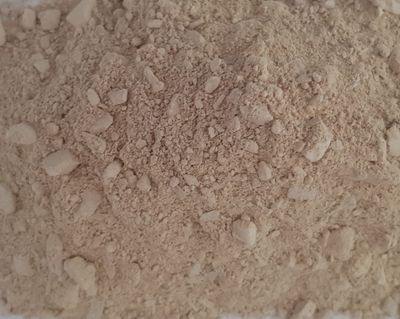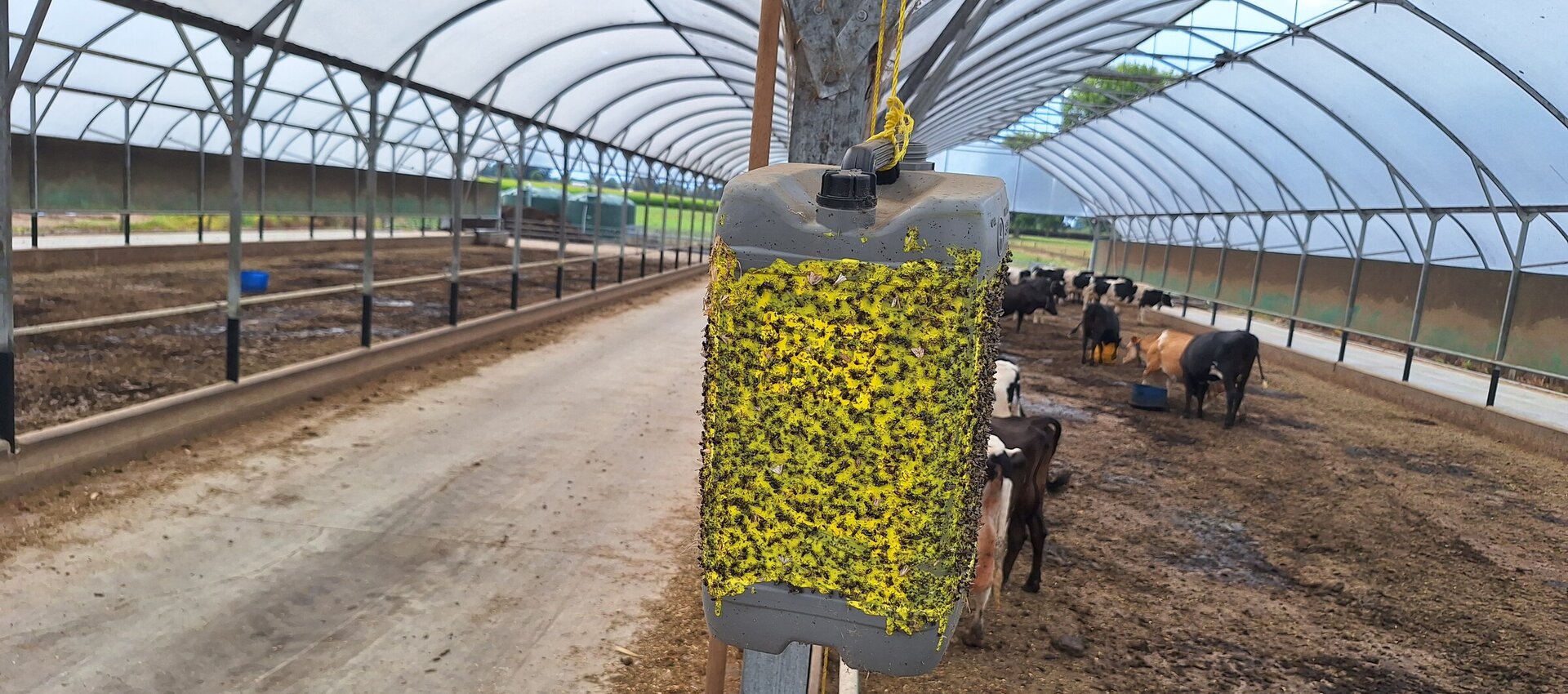
Zeolite
Zeolite is a natural clay mineral found in New Zealand. it has many uses. Zeolite under a microscope looks a lot like pumice and it is able to absorb excess nutrients, create a home for microbes and increase the moisture retentiveness in soils. It is for these properties and because it contains silica that Zeolite is recognised as a Smart Fertiliser.
Zeolite has been claimed to increase cropping in kiwifruit as well as being reported to improve cropping in avocado orchards, (although this is much harder to quantify as avocados tend to fruit without consistency).
Zeolite can be very helpful where soils are open and sandy as lifting the CEC of the soil allows for an increase in nutrient holding capacity and helps with moisture retention. This, in turn begins the process of build a more nutrient dense soil with improved structure. Often sandy soils lack magnesium, which brings the soil colloids closer together, correctly balancing base soil saturation's also plays a role in improving soil structure in light soils.
Zeolite can be used in conjunction with Biochar to improve soils. Alone or in combination it has been shown to improve pasture quality on sidelings, as well as to improve moisture retention and reduce erosion. It can also help push apart the soil colloids in heavy soils, especially when the correct amount of lime is also applied to create a balanced soil. (calcium pushes the soil colloids apart while magnesium brings them closer together).
Where excesses in heavy metals are found, alone or in combination with Biochar, Zeolite can help to mop up these excesses out of the soil profile and improve overall soil health.
On the areas where we have researched the effect of zeolite and biochar individually on high manganese soils, the pasture has shown a marked growth improvement with zeolite over biochar, while both have shown significantly better results than the untreated control area. This research is in the early stages and over time the effects may change.

